Truth Bombs — Or, The Article Where I Jump the Shark
Can magic thrive, rather than survive, in new arenas?
Personal essays and reflections from magicians on their lives and journeys.
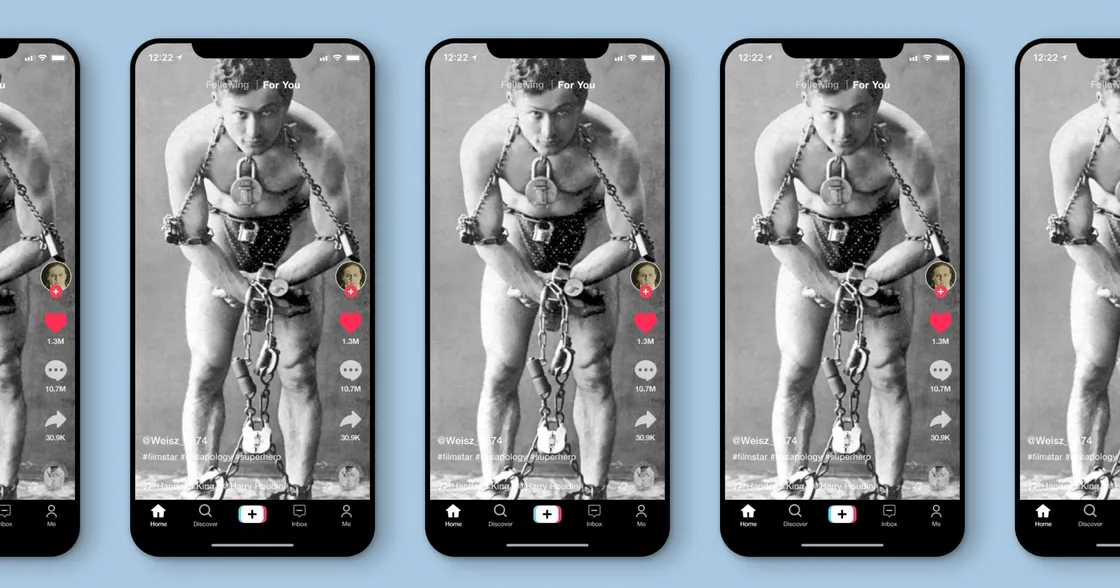
Can magic thrive, rather than survive, in new arenas?
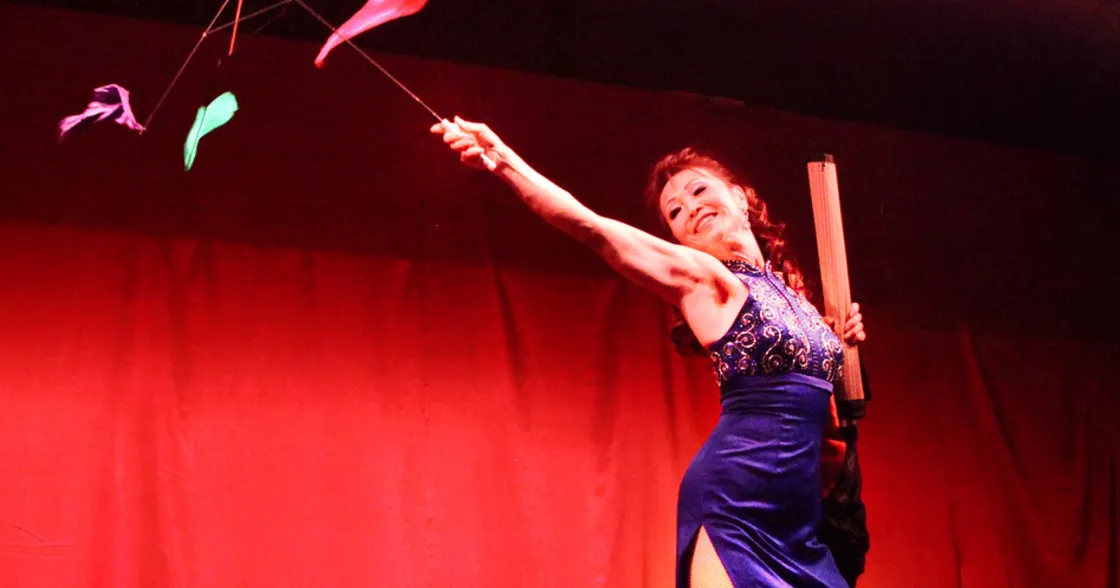
Jade on receiving creative feedback and learning to make suggestions work for your style as a performer.
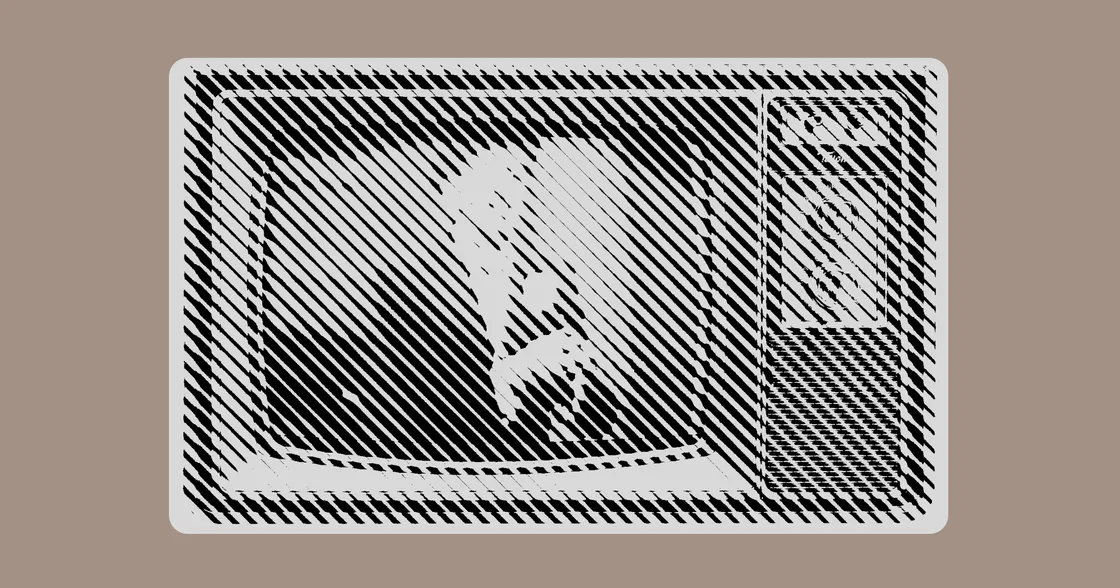
Reviewing your work will make you a better magician
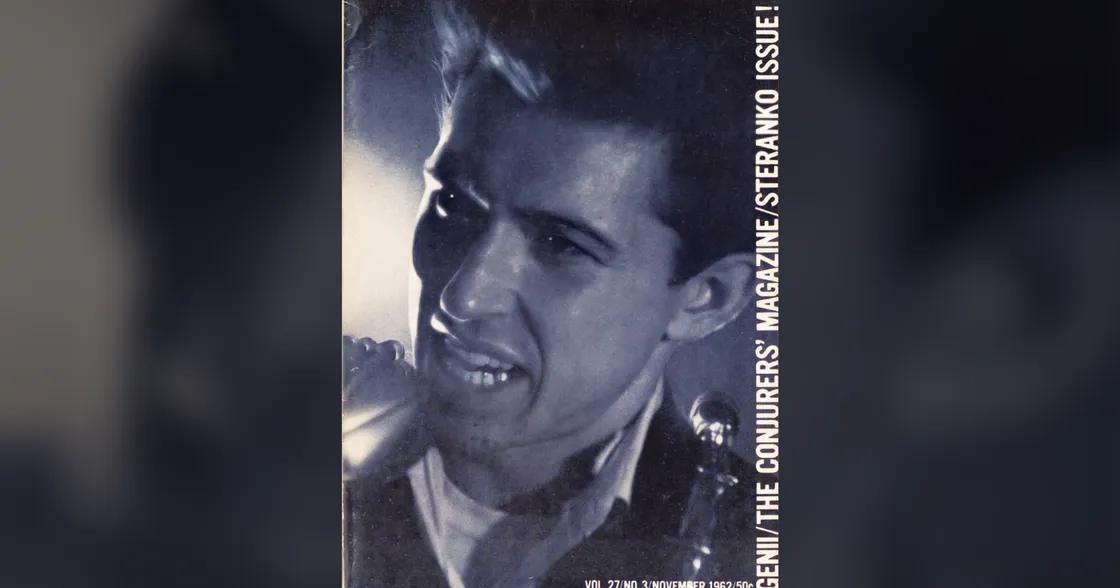
The name that mysteriously appeared, a hero to magicians and comic fans

Not just “tricks,” learning to take a hard look at everything in our act
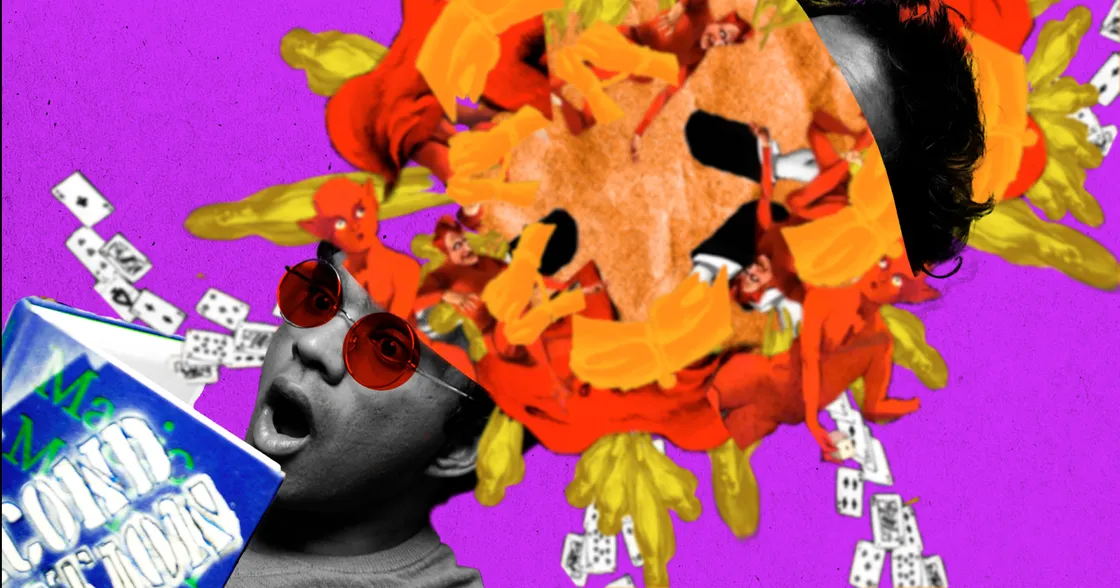
An appeal for magic knowledge—looking at the big picture, not just the latest products

Appreciating criticism, eliminating the neurosis

How Mind2Mind created an award-winning act and made it look effortless

Why can’t every crowd be just like “that crowd”?
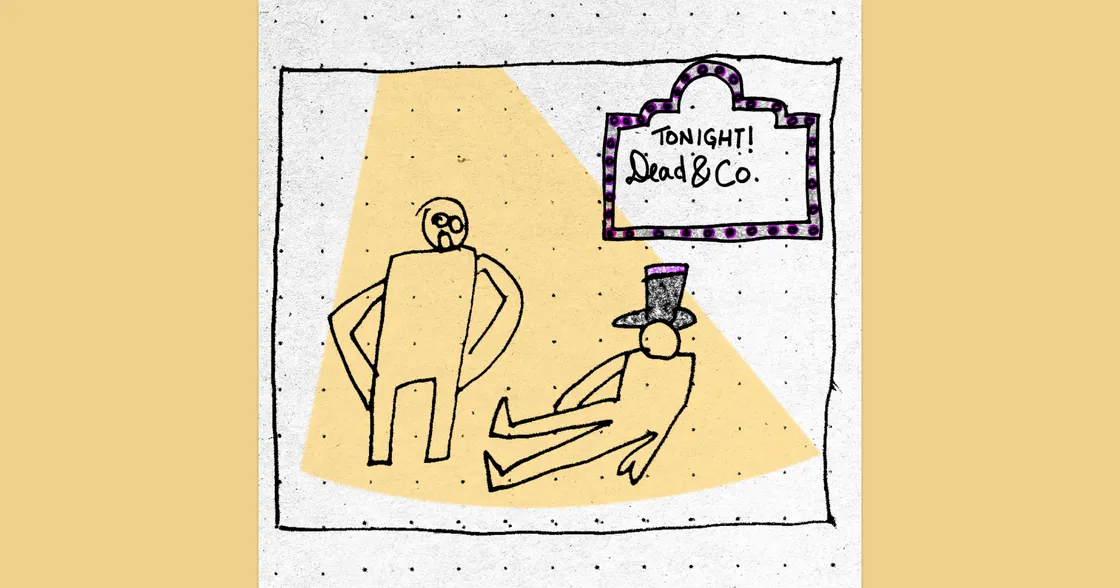
Taking of a snapshot of a project in motion
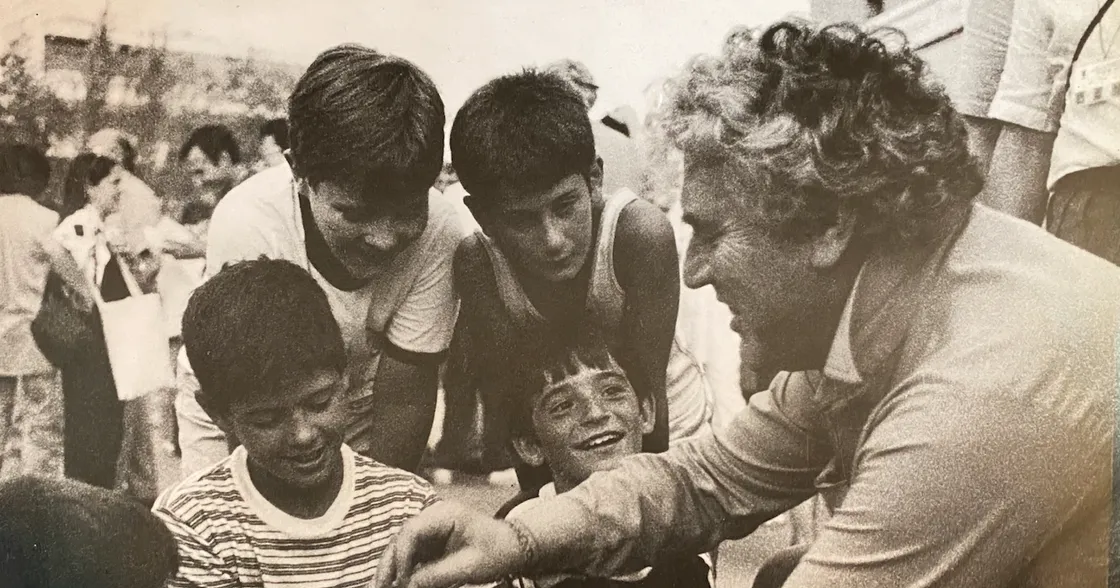
Eric Mason with his “stuff,” captured in a great photograph
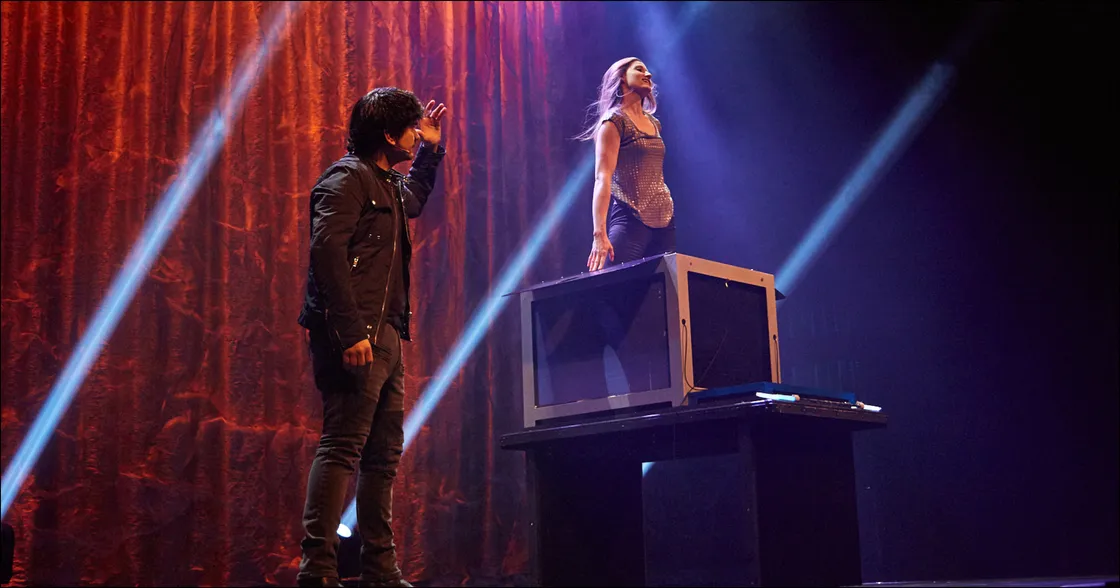
Jason Bishop demystifies stage illusions, and shows you how to turn them into a specialty.